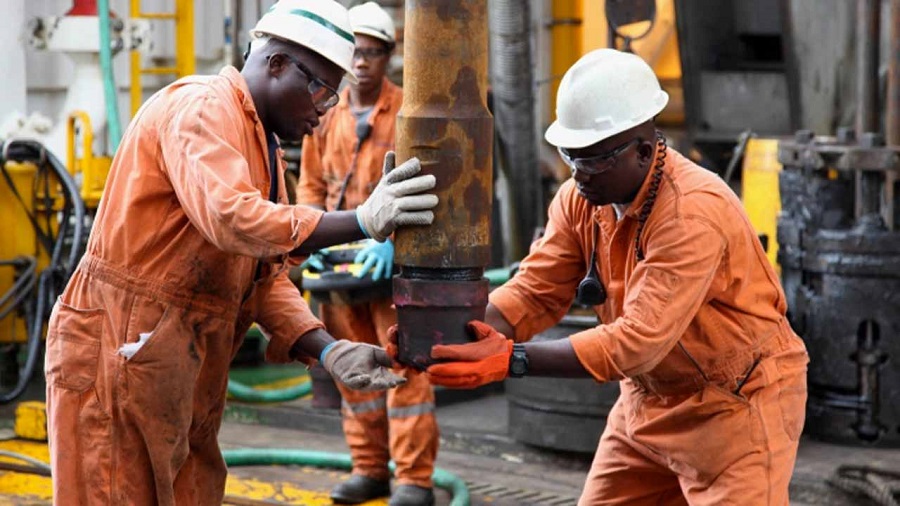The International Energy Agency (IEA) has said that between now and 2030, Nigeria needs up to $1.5 billion to reduce methane emissions in oil and gas operations.
The agency stated this in a 2023 report titled: “Financing Reductions in Oil and Gas Methane Emissions”.
According to the report, oil and gas majors operating in Nigeria have a responsibility to contribute $300 million ($0.3 billion), the national oil company can contribute $700 million ($0.7 billion) and other investors in Nigeria’s oil and gas industry can contribute $500 million ($0.5 billion) during the same period.
The report also highlights the fact that methane emissions reduction in the global oil and gas industry is important if countries will keep exploring fossil fuels for economic development. The report also points out the importance of tackling methane emissions.
According to the IEA report, methane emissions reduction is one of the most cost-effective ways of reducing greenhouse gas (GHG) emissions. This is because the abatement measures deployed would generate revenues from the sale of captured methane.
However, the IEA notes that there are challenges to mobilizing this level of investment. These include a lack of awareness about emissions and the cost-effectiveness of abatement, the opportunity cost of investment in methane reduction, a lack of infrastructure, a shortage of funds in some cases, capacity gaps in implementation, as well as economic and institutional barriers.
Oil and gas are still important energy sources
The Nigerian government has indicated its interest to keep exploring its oil and gas assets to keep up with rising energy demand on the domestic front as well as enhancing earnings from liquefied natural gas (LNG) exports.
In June 2023, Nairametrics reported that President Bola Ahmed Tinubu aims to reach 4 million barrels per day of oil production and 12 billion cubic feet per day of natural gas production capacity by 2030.
Meanwhile, during the ongoing Nigerian Oil and Gas Energy Week in Abuja, Haitham al-Ghais, the Secretary General of the Organization of Petroleum Exporting Countries (OPEC) said:
- “Global primary energy demand is forecast to increase by a significant 23% in the period up to 2045, which means we will need all forms of energy.
- “We will require innovative solutions such as carbon capture utilization and storage (CCUS), and hydrogen projects in addition to a circular carbon economy, which has received a positive endorsement from the G20.”





















